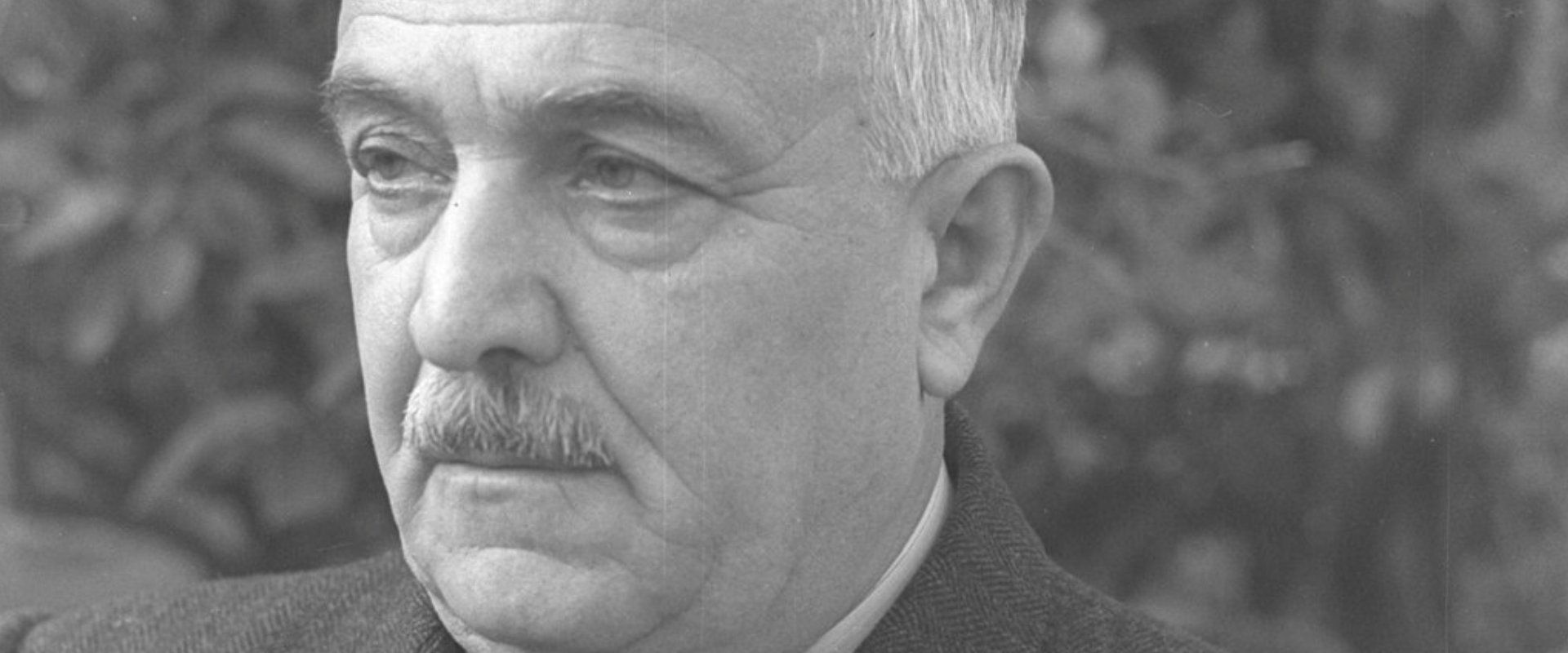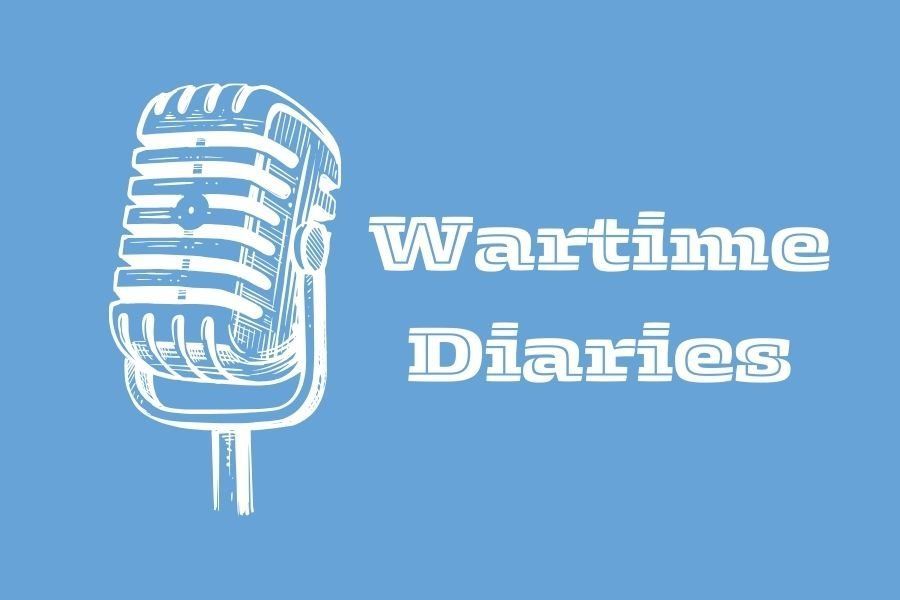David Remez
- 22:56
- 2023

David Remez was born as Moshe David Drabkin in what is today Belarus, in 1886. As a boy he studied Talmud with his grandfather and then attended a traditional cheder. In 1905, he was drafted into the Tzar’s army, but was soon dismissed, on the grounds of being an only child. He then moved to Constantinople, Turkey, to study law, and it was there that he met and befriended David Ben-Gurion and Yitzhak Ben-Zvi, who would both – years later – ink their names beside his own on the Israeli Declaration of Independence.
Remez moved to Palestine as a newly-married man in 1913 and started working the land in Be’er Tuvya, Karkur and Zichron Yaakov. But his career as a farmer didn’t last long. By 1921, he was already the head of the national construction company, Solel Boneh, and – in that capacity – bought lands and initiated affordable housing projects.
Under the tutelage of Berl Katznelson, he served for almost a decade as the Secretary General of the all-powerful Histadrut Workers’ Union and was instrumental in founding many of its subsidiaries, such as the Zim shipping company, the Mashbir department stores, and the still-thriving Am Oved publishing house. In 1945, he was elected to be the chairman of the Va’ad HaLeumi, the Jewish National Council, and though – according to certain historical accounts – he voted against Ben-Gurion’s proposal to declare the State on May 14, 1948, he nevertheless proudly signed the Declaration, and was named the country’s first Minister of Transportation.
He was a lover of the Hebrew language, and coined many new words, such as muvtal (unemployed), vetek (seniority), tachbura (transportation), mimtza (archeological finding) and dachpur (bulldozer).
In 1951, while serving as the Minister of Education and Culture, Remez died at the age of sixty-four, making him the first of the signatories of the Declaration of Independence to pass away. At a Mapai Party memorial meeting, future Prime Minister Moshe Sharett praised his linguistic skills and unparalleled succinctness. “He walked in his secular life,” Sharett said in his eulogy, “like a priest through the temple of language.”
David Remez
The thirty-seven people who signed Megillat Ha’Atzmaut on May 14, 1948, represented many factions of the Jewish population: There were revisionists and Labor Party apparatchiks; capitalists and communists and socialists; kibbutznikim, moshavnikim and city-folk; charedi rabbis and atheists.
Over the course of the past several months, our team has diligently tracked down the closest living relative of each one of these signatories, and interviewed them. We talked about their ancestors and families, about the promise of the Declaration, the places in which we delivered on that promise, the places in which we exceeded our wildest dreams, and also about the places where we fell short.
And it is through these descendants of the men and women who – with the strike of a pen – gave birth to this country of ours, that we wish to learn something about ourselves.
Today we’ll meet David Remez, and his grandson, Gideon Remez. He’ll present one of the many political perspectives we’ll be featuring throughout the series.
Further Reading
For an account of the famous May 12, 1948 cabinet meeting in which it was decided to declare statehood, see historian Morechai Naor’s Haaretz article.
For a recording of Remez (and fellow Declaration of Independence signatory Aharon Zisling) speaking at the first Histadrut Workers’ Union meeting following the founding of the State, listen to this recording.
For clips of the maiden Israel Rail voyage from Tel Aviv to Jerusalem, see this archival video.
For a four-minute recording of the first phone call from Eilat, listen to this audio clip.
For David Remez’ many contributions to the Hebrew language, see this fascinating article (in Hebrew).
For Remez’ obituary, see the May 20th, 1951 front page of Davar.
For Foreign Minister Moshe Sharett’s speech at the Mapai Party meeting which took place one week after Remez’s passing see the Ben-Yehuda Project.
For a discussion of the ethics of exposing the love affair between Remez and Golda Meir, see this Seventh Eye article.
Credits
Mitch Ginsburg and Lev Cohen are the senior producers of Signed, Sealed, Delivered? This episode was mixed by Sela Waisblum. Zev Levi scored and sound designed it with music from Blue Dot Sessions. Our music consultants are Tomer Kariv and Yoni Turner, and our dubber is Leon Feldman.
The end song is HaIvrit HaChadasha (lyrics and music – Omri Glickman, arrangement – Piloni), performed by HaTikvah 6.
This series is dedicated to the memory of David Harman, who was a true believer in the values of the Declaration of Independence, in Zionism, in democracy and – most of all – in equality.

 Wartime Diaries
Wartime Diaries

